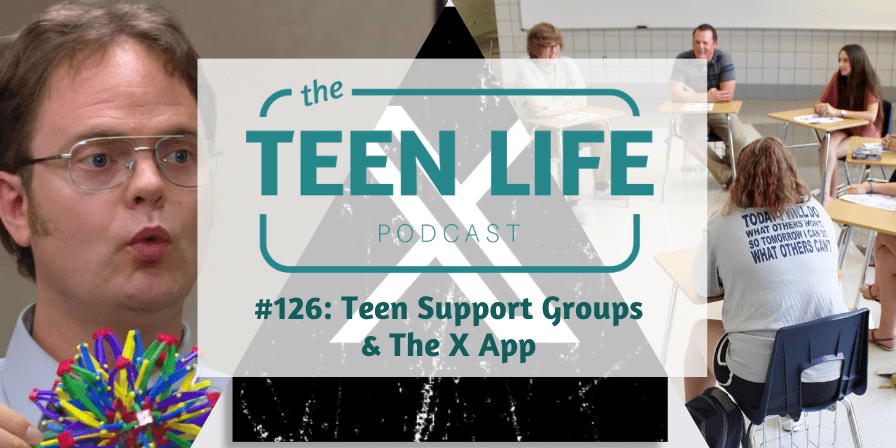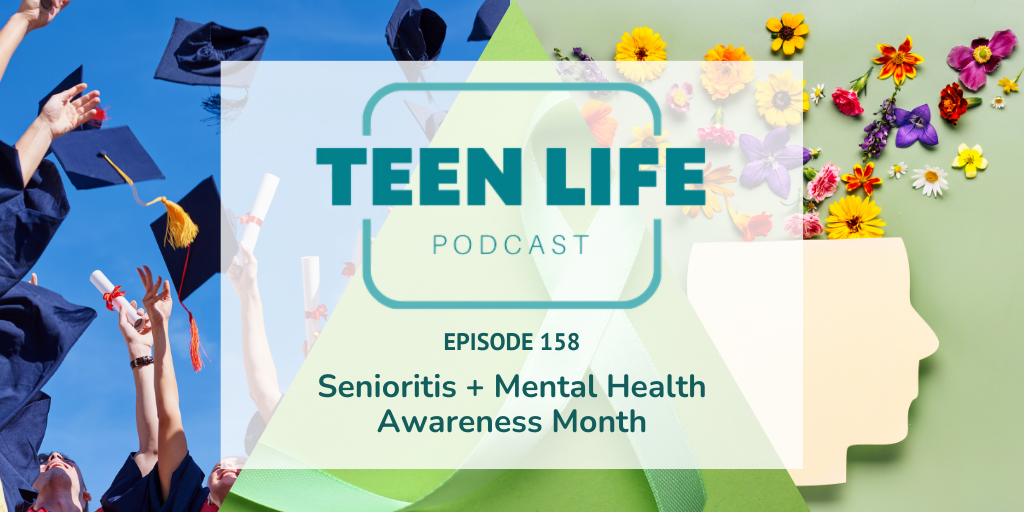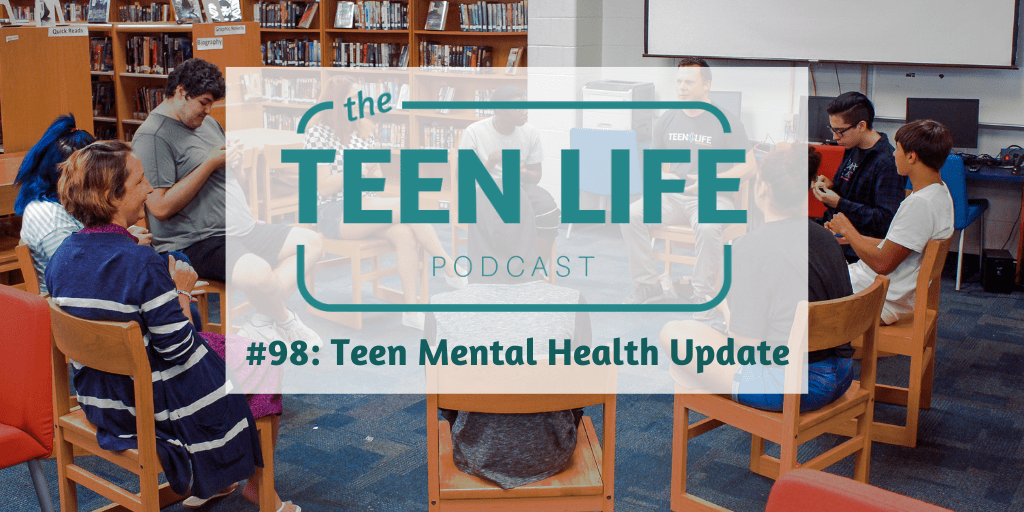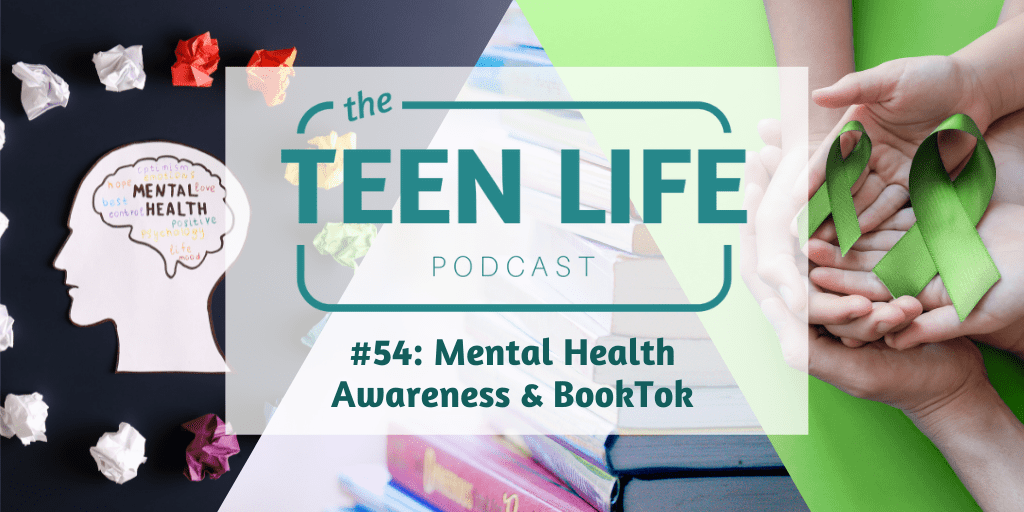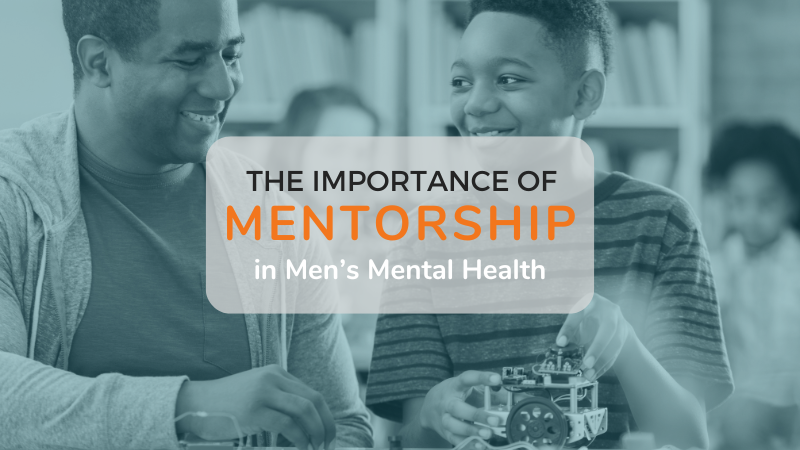
The Importance of Mentorship in Men’s Mental Health
Mentorship can make all the difference.
In a world where men’s mental health is sometimes overlooked, it’s more important than ever to bring attention to the challenges many men face. While recent conversations about mental well-being have begun to chip away at the stigma, there’s still much progress to be made.
To better understand this important issue, we asked some of our male volunteers to open up about their personal experiences with mental health and the role mentorship has played in their lives. Their stories highlight not only the obstacles they’ve faced but also the powerful impact of having mentors who offer support, guidance, and a listening ear.
To guide our conversation, we asked our volunteers three key questions:
1. Can you share about your personal mental health journey and what it has looked like to seek help?
2. Tell us about a mentor or caring adult who showed up for you when you were a teen.
3. What is something you wish you could tell your teenage self?
Let’s take a closer look at these stories and how we can create a more supportive space where men feel encouraged to speak openly about their mental health.
Can you share about your personal mental health journey and what it has looked like to seek help?
Adam Herndon
Group Facilitator at Byron Nelson HS
I remember my dad informing me a long time ago about my grandmother being one of the first people to take anti-depressants in the 1950’s when they were invented. She struggled with depression and several family members have over the years. He wanted me to know it runs in our family and is always worth seeking help if I were to struggle. I’ve had short seasons (usually in the winter) of a couple of weeks to a month of seasonal depression.
It always helps to tell people I’m struggling in those moments even if I don’t need a high level of care. Just simple awareness and support from my friends and family is helpful.
Ty Carter
Group Facilitator at Rosemont Middle School
I was diagnosed with PTSD and depression and have been in therapy for just over a year. I should’ve done it sooner.
Chad Seagle
Group Facilitator at Denton Guyer HS
I sought therapy after a series of breakups that were long-term but weren’t good for me. After talking with someone, I was able to connect dots from my past, gain some tools, and gain confidence in myself that led to my next relationship being super healthy and ultimately us getting married. We’ve been together for 5 years now.
Tell us about a mentor or caring adult that showed up for you when you were a teen.
Adam Herndon
Group Facilitator at Byron Nelson HS
My teenage mentor, Jeff, is still my mentor to this day. The reason he continues to matter is that he has never tried to fix me but has always wanted me to know he was there. He listens well and encourages or reminds me of the more important truths about my identity to this day. I need that at 40 years old in the same way I did at 15 years old.
Ty Carter
Group Facilitator at Rosemont Middle School
My father is an important role model in my life. He’s the hardest working person I know. He taught me the value of earning instead of expecting things to be given to you.
Addison Weaver
Group Facilitator at Haltom HS
I would not be where I am today without strong male role models in my life who showed up and cared in my teen years. My 5th-grade teacher and my middle school history teacher made tremendous impacts in my life- teaching me compassion, hard work, and leadership. We remained in touch through the years, and he even came to my wedding years later!
Chad Seagle
Group Facilitator at Denton Guyer HS
I had a couple of youth pastors that were great listeners. I couldn’t tell you the wisdom they shared with me as I spilled my all-consuming drama, but their consistent presence was felt and I’m forever grateful.
What is something you wish you could tell your teenage self?
Adam Herndon
Group Facilitator at Byron Nelson HS
Your friend group will change MANY times as you go through so many places and seasons in life. Don’t worry so much about what everyone thinks of you, and don’t worry if some friends don’t work out now. You likely will not see them much if ever again.
Ty Carter
Group Facilitator at Rosemont Middle School
If I could give advice to my younger self, it would be- Don’t skip school. Be patient. Seek God.
Addison Weaver
Group Facilitator at Haltom HS
I would tell my teen self, ‘You are seen. You are known. And you are loved.’ I may not always remember the lessons taught, but I remember when adults who cared about me showed up
Chad Seagle
Group Facilitator at Denton Guyer HS
I would tell my teen self that it’s ok to have needs, too. And to set healthy boundaries with friends that are better “takers” than “givers.”
The impact of mentorship and open support for mental health is truly life-changing.
Each of these men shared their experiences with vulnerability, underscoring the importance of both seeking help and offering it to others. From the influence of caring mentors to the strength found in opening up about their mental health journeys, they remind us that no one should have to go through struggles alone.
By encouraging open conversations and providing supportive spaces, we can help more men feel comfortable reaching out. Together, we can foster a culture where mental health is prioritized, support is readily available, and no one feels isolated in their journey.
Because not only does no teen deserve to feel alone, but no adult does either.

Lara Precure
Licensed Social Worker (LCSW)
Lara Precure | Licensed Social Worker (LCSW)
It is one of Lara’s greatest desires to see teens come to know their inherent value and walk in the wholeness of who they were created to be. She holds a Bachelor's Degree in Social Work from Baylor University and a Master's in Social Work from The University of Texas at Arlington.

